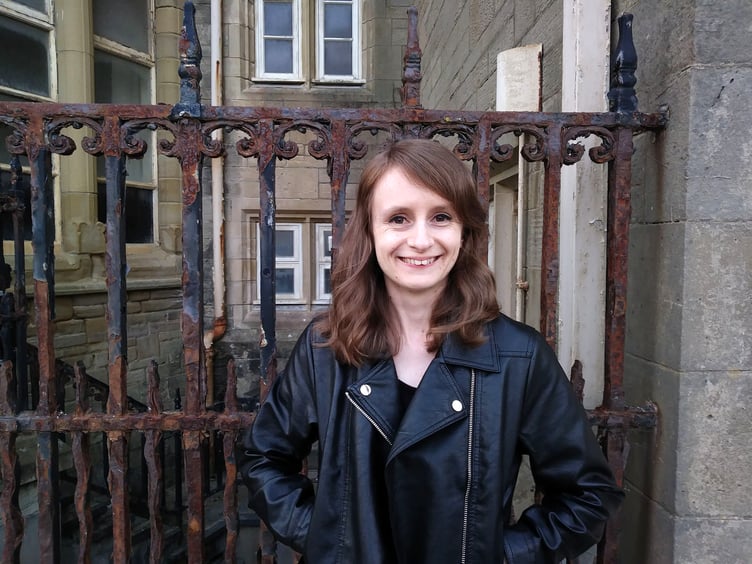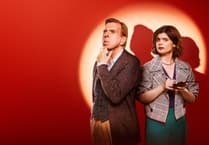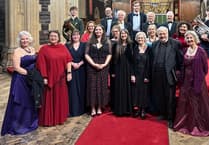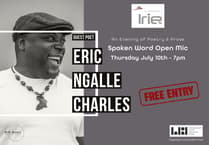Aberystwyth author and academic Dr Alice Vernon has released her new book, Night Terrors: Troubled Sleep and the Stories We Tell About It.
Published on 6 October, it takes a fascinating new look at nightmares, parasomnias and life after dark.
Ever since she was a child, Alice has been haunted by nightmares, sinister hallucinations and episodes of sleepwalking.
These are known as ‘parasomnias’ - and they’re surprisingly common. Apparently, 70 per cent of us will experience one at some point in our lives.
In Night Terrors she examines the history of our relationship with bad dreams: how we’ve tried to make sense of and treat them using some decidedly odd ‘cures’ like magical ‘mare-stones’, to research on how video games might help people rewrite their dreams.
Along the way she explores the Salem Witch Trials and sleep paralysis, Victorian ghost stories, and soldiers’ experiences of PTSD.
She also asks why so many of us reported more vivid dreams during the lockdown.
The Aberystwyth University lecturer is receiving fantastic reviews for her book. The Sunday Times calls it “curious, lively, humble, utterly genuine” and “a remarkable debut”.
The non-fiction narrative draws on her own extraordinary and often terrifying nocturnal experiences, personal accounts from others, and representations of sleep disorders in literature and culture.
Her research encompasses sleep disorders such as night terrors, sleepwalking, sleep paralysis, lucid dreams and sleep-related hallucinations – all examples of phenomena known as parasomnias.
She said: “Over the centuries, parasomnias have had a profound effect on the human imagination, shaping both art and literature.
“My research took me into the realms of supernatural and paranormal interpretations, superstition and witchcraft, alien abduction and post-traumatic shock disorder, and, perhaps most disturbingly, even murders being committed by sleeping perpetrators.”
Parasomnias have also been the subject of extensive scientific investigations with many medical theories and treatments recommended over the centuries.
“One of the most astonishing theories I discovered during my research was one doctor’s peculiar assertion that night terrors were caused by a person thinking about arithmetic when drifting off to sleep,” she said.
The book encourages us all to change the way we talk about sleep, arguing there are many benefits to exchanging sleep stories – socially, culturally and in terms of our wellbeing.
Alice said: “In finding examples and case studies from history, as well as being rather brutally honest about my own troubled sleep, I’m hoping to encourage conversations about parasomnias—and for us all to realise that our strange sleep experiences aren’t quite so strange after all.”
Dr Alice Vernon works in the department of English and Creative Writing at Aberystwyth University, where she teaches students the fundamentals of storytelling and researches representations of sleep in science and culture.
Night Terrors: Troubled Sleep and the Stories We Tell About It is published by Icon books.





Comments
This article has no comments yet. Be the first to leave a comment.